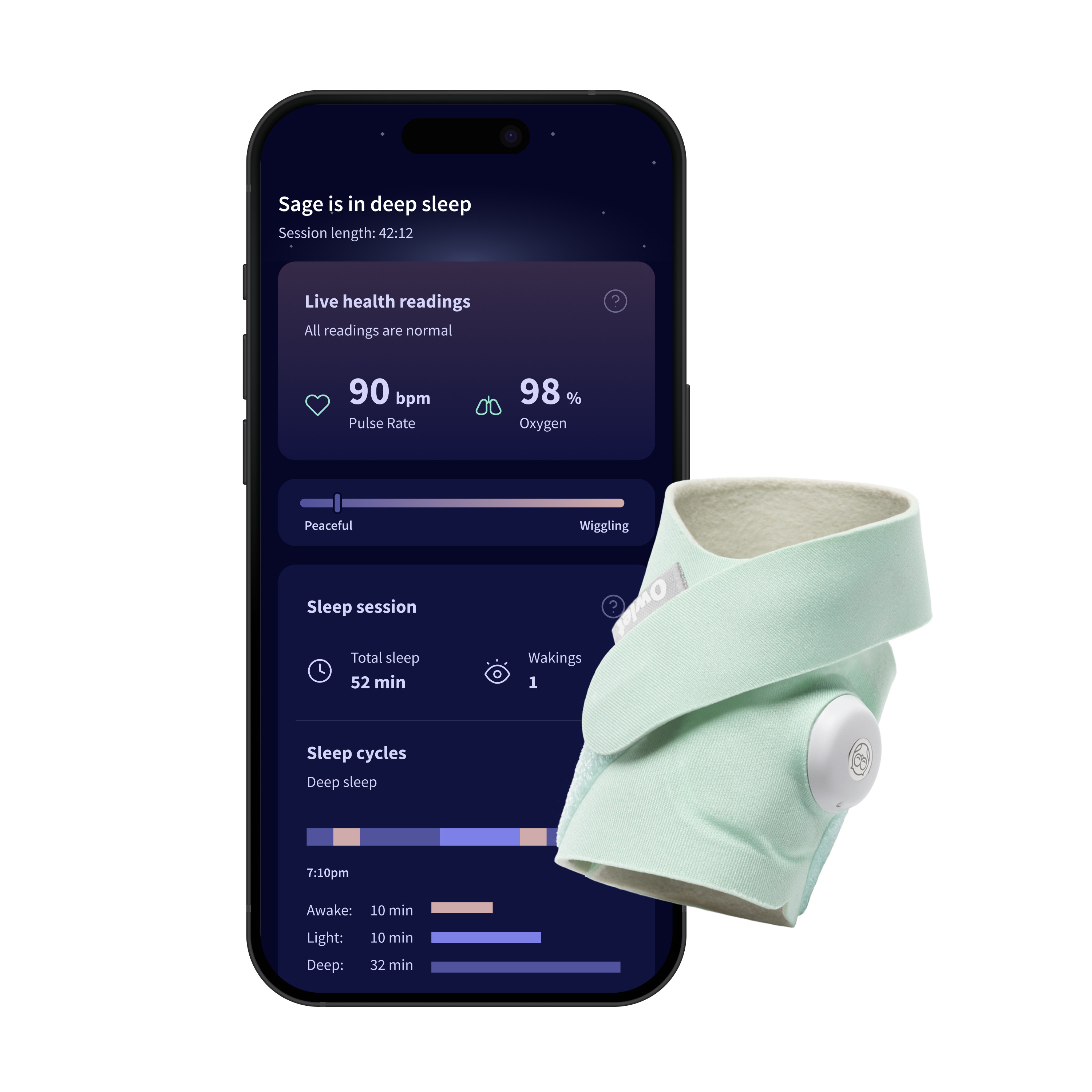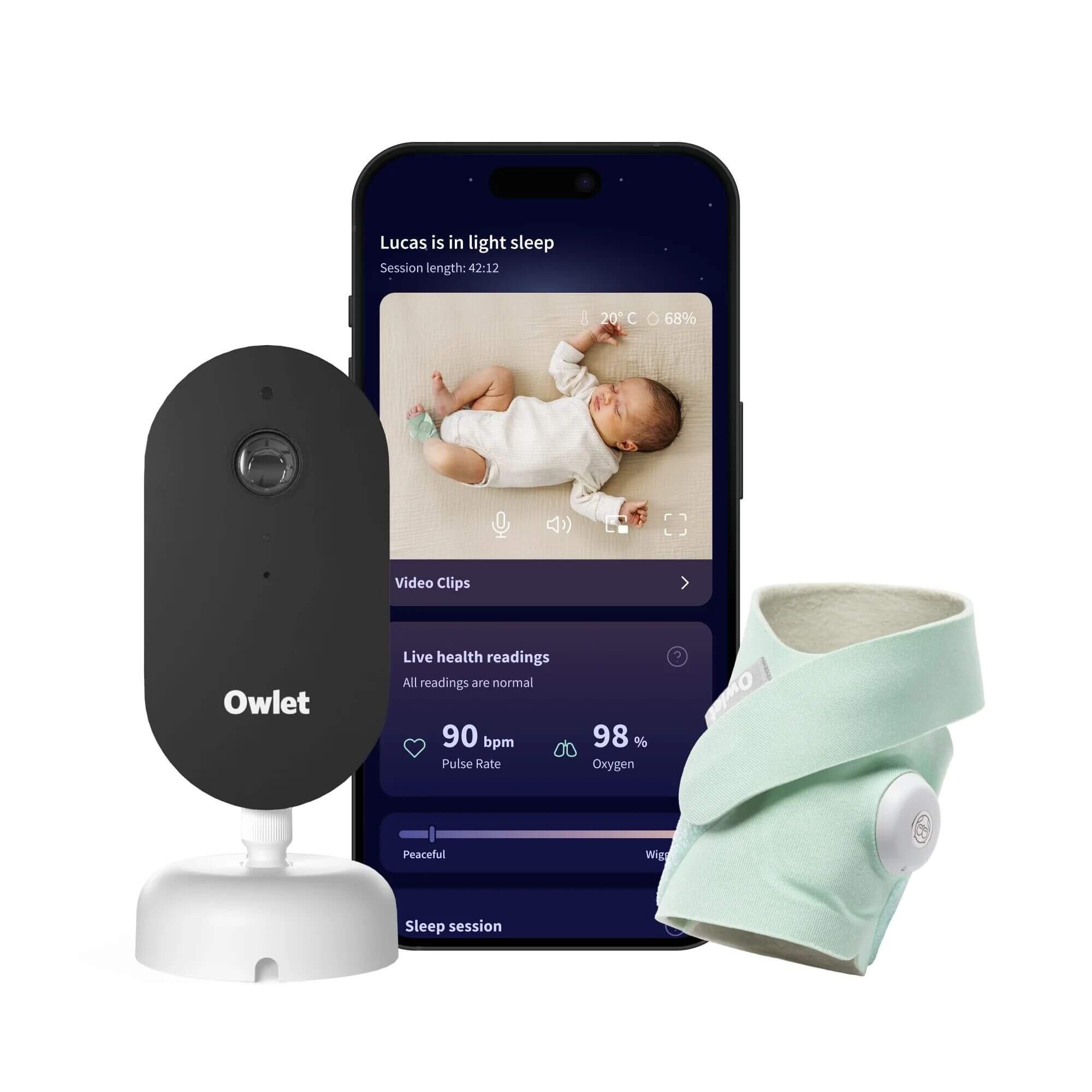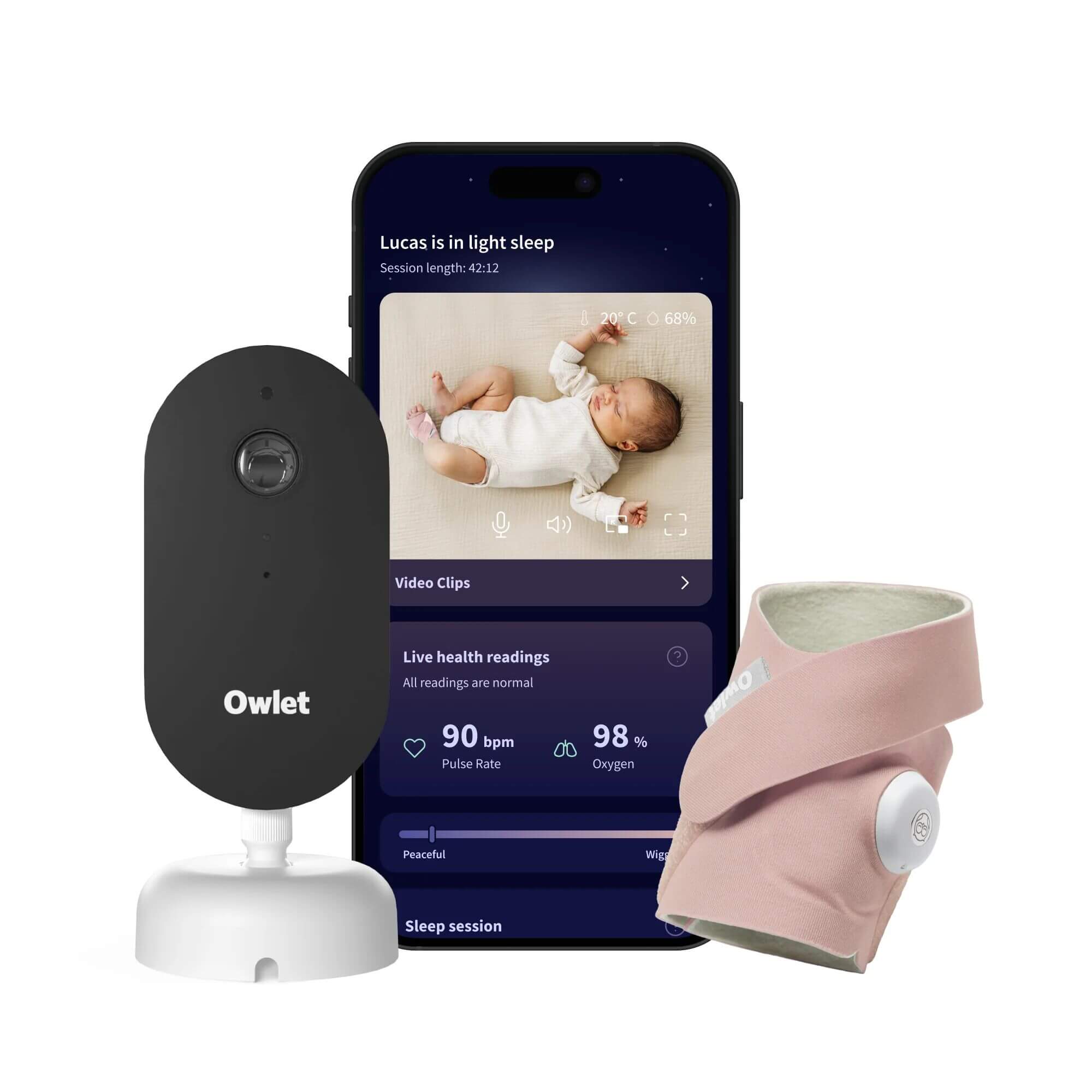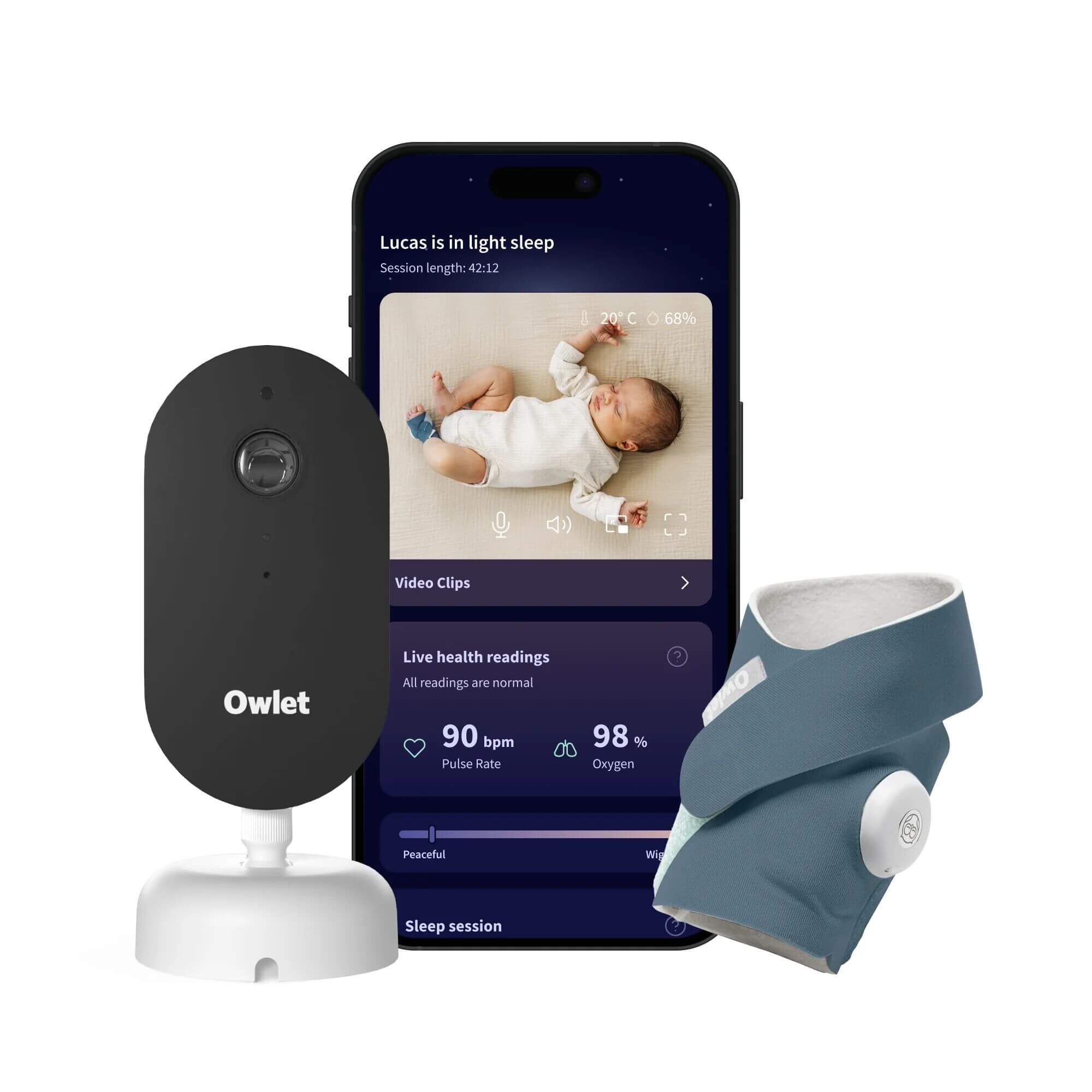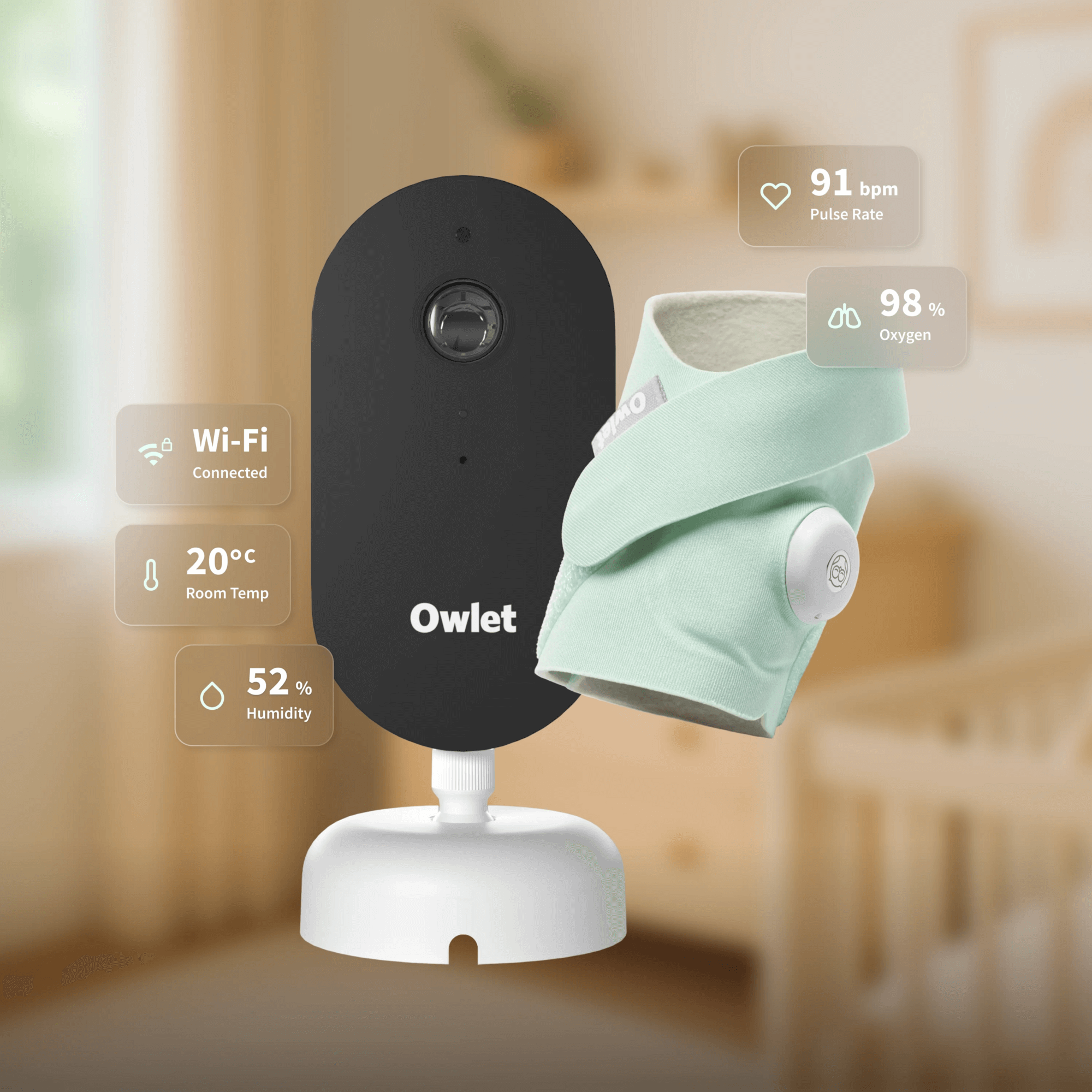Your guide to weaning your baby

The content provided on this blog is intended for informational and educational purposes only. It is not a substitute for professional medical advice, diagnosis, or treatment. Always seek the advice of a qualified healthcare provider with any questions you may have and to learn more about your child's specific needs.
We understand that introducing your baby to solid foods for the first time can be a big step. But the more you know about weaning, the better prepared you will feel! We’ve put together a helpful guide on what to expect (aside from the mess!) and some tips for the fun new chapter to introducing colours, textures and tastes.
So firstly, how to start weaning…
Breast or formula milk provides all of your baby’s nutrients from birth to about six months. There are three clear signs which shows your baby is ready to start experimenting with solid foods, alongside their milk.
These signs are:
- Being able to stay in a sitting position and hold their head steady
- Can coordinate their eyes, hands and mouth to be able to look at food, pick it up and put it in their mouth by themselves
- To be able to swallow food - babies who are not ready for solids will push their food back out with their tongue, and get more round their face than they do in their mouths
However, just like all new stages and developments, some babies wean more quickly than others. Milk should remain the pillar of your baby’s diet and it’s important not to rush things. To start with, it’s all about your baby experiencing new, exciting flavours and textures.
What food should your baby eat…
This is where the fun starts! Pureed, mashed or soft cooked fruit and vegetables are a good way to start and babies tend to love it! However, be aware that everything must be cooled before eating and never add any food to a baby’s bottle as this can damage their teeth and potentially cause choking.
Babies also love finger food and delicious soft options like chopped up bits of fruit. Peach, melon, pear, banana and avocado are amongst the most popular. You will soon learn if they are a fan or not!
What foods you should avoid feeding your baby....
It’s important to avoid the following:
- Foods that are high in fat, saturated fat and sugar e.g. bacon, sausages, ready meals, crackers, crisps, biscuits and cakes
- Honey until they are over 1 year as it’s high in sugar and can cause a serious illness called infant botulism
- Cheese made from unpasteurised milk
- Raw shellfish
- Eggs that have not been stamped with the red lion
- Whole nuts until your child reaches age 5 (smooth peanut butter is safe to introduce from 6 months)
- Adding salt or sugar to food
- Hard pips, stones and bones - remove these from food before presenting to your baby
- Also avoid big mouthfuls - babies can choke easily. Cut small, round foods like grapes and cherry tomatoes into small pieces
How to encourage your baby to try new foods…
Don’t give up! Babies often refuse unfamiliar foods, especially if they have a bitter or sour taste. It can take up to fifteen tries before a baby welcomes a new texture and/or flavour.
Like a lot of adults, babies will inevitably prefer sweeter foods, but it is important to include vegetables that are not sweet too, such as broccoli, cauliflower and spinach. This will help your baby get used to a range of flavours and could prevent them being fussy eaters as they get older.
What to do if your baby is refusing a spoon...
Some babies may refuse a spoon which can cause parents to worry and but don’t worry, it’s very common. Some babies simply don’t like spoon feeds and reject them as a way of asserting their independence. Your baby may prefer finger food and there are plenty of different foods which can be given this way. Also, babies will turn their head away and refuse a spoon because they are no longer hungry – this is perfectly normal. Always throw away any unused food and don’t reheat it.
The next steps…
As your baby grows and develops it is important to eventually offer a range of different solid foods which include:
- Starchy foods with every meal, such as potatoes, rice, bread, pasta, porridge and unsweetened cereals
- Fruit and vegetables at every meal
- One or two servings of soft cooked meat, fish, egg, tofu or pulses a day
We hope you find these tips useful ahead of your weaning adventure! We’d love to hear if you’ve successfully used some within your household. Always remember to contact your GP for any specific questions you have regarding your baby. They will always know what is best for your little one.
Sources
How to wean a baby: a guide to weaning
Other useful resources...
Effective ways to soothe a crying baby
Top tips for flying with a baby
6 Great Books for Parents To Be
